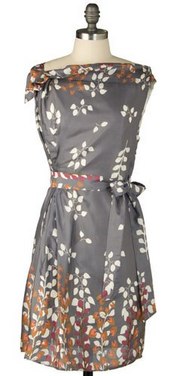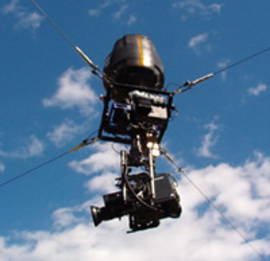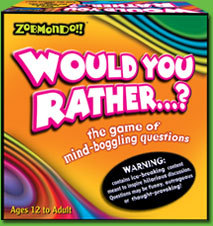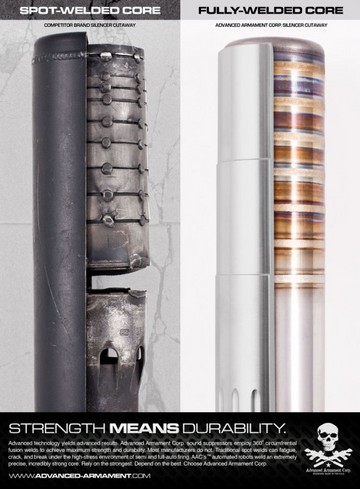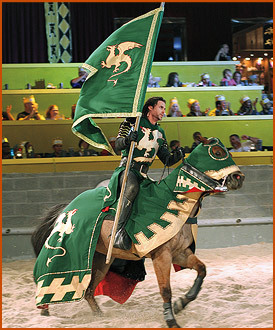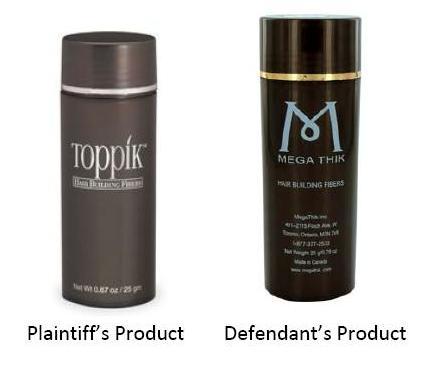Los Angeles, CA – K-Swiss kicked-off a trademark declaratory judgment lawsuit, at the Federal District Court in Los Angeles, against competing shoe manufacturer Puma. K-Swiss recently began selling its “Dolton” shoe (pictured herein), which features a strip running along the eyelets and extending to the sole of the shoe. In March of 2009, Puma sent a letter accusing K-Swiss’s Dolton shoe design of infringing Puma’s “Formstrip Trademarks,” specifically USPTO Registration Nos. 3369752, 1135790, and 1256945.
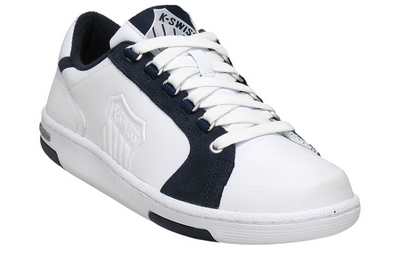 K-Swiss believes that Puma got its shoe laces in a knot because K-Swiss hired away Puma’s shoe designer and marketing employee. Thus, K-Swiss alleges that the lawsuit is retaliatory in nature and in bad faith. “K-Swiss avers that K-Swiss’ use of the Eyelet Strip is non-infringing, that K-Swiss’ use of the Eyelet Strip is dissimilar in shape and placement to Puma AG’s claimed Formstrip trademarks, that the Eyelet Strip is functional, that KSwiss’ use of the Eyelet Strip as an integral part of the lacing system for its footwear is a fair use, and that K-Swiss’ use of the Eyelet Strip does not create a likelihood of consumer confusion within the relevant purchasing public as to the source of the parties’ footwear.” The case is K-Swiss, Inc. v. Puma AG Rudolf Dassler Sport, CV09-03022 GAF (C.D. Cal. 2009).
K-Swiss believes that Puma got its shoe laces in a knot because K-Swiss hired away Puma’s shoe designer and marketing employee. Thus, K-Swiss alleges that the lawsuit is retaliatory in nature and in bad faith. “K-Swiss avers that K-Swiss’ use of the Eyelet Strip is non-infringing, that K-Swiss’ use of the Eyelet Strip is dissimilar in shape and placement to Puma AG’s claimed Formstrip trademarks, that the Eyelet Strip is functional, that KSwiss’ use of the Eyelet Strip as an integral part of the lacing system for its footwear is a fair use, and that K-Swiss’ use of the Eyelet Strip does not create a likelihood of consumer confusion within the relevant purchasing public as to the source of the parties’ footwear.” The case is K-Swiss, Inc. v. Puma AG Rudolf Dassler Sport, CV09-03022 GAF (C.D. Cal. 2009).
 Los Angeles Intellectual Property Trademark Attorney Blog
Los Angeles Intellectual Property Trademark Attorney Blog



